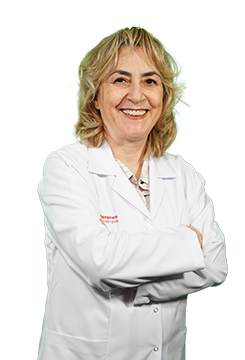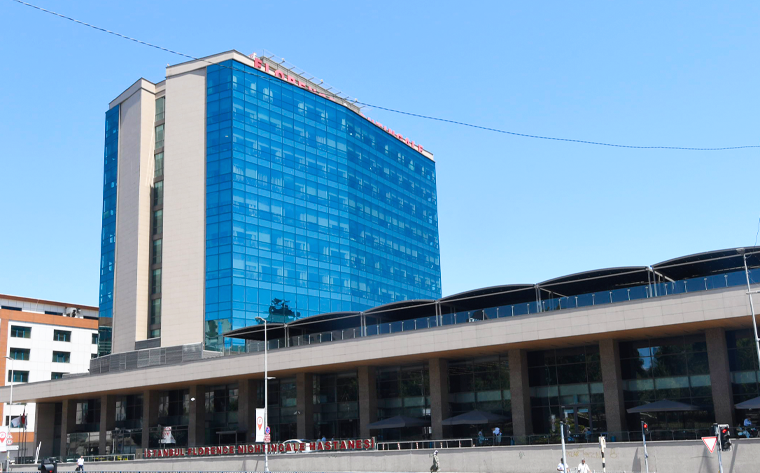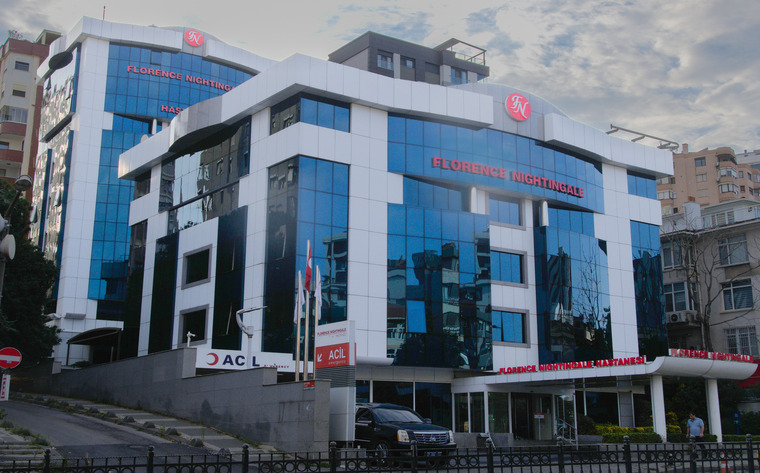
What is the Department of Child Health and Diseases and What Diseases Does It Cover?
The Department of Child Health and Diseases is an important branch of medicine that provides services to protect the health of children from birth to the end of adolescence, to diagnose and treat their illnesses. This department aims to ensure that children grow up in a healthy way by closely monitoring their physical, mental and emotional development.
This section is critical for the healthy growth and development of children. Regular checkups, early diagnosis and appropriate treatment increase the quality of life of children and also increase the general health level of society. It is of great importance for parents to be aware of their children's health and to consult pediatricians when necessary in order to raise healthy generations.
About the Department of Child Health and Diseases
The Department of Child Health and Diseases, also known as pediatrics, is a specialized branch of medicine that protects the health of children aged 0-18, diagnoses their diseases and treats them. This department deals with the health needs of children from the newborn period to the end of adolescence.
According to the World Health Organization (WHO) data for 2022, approximately 5 million children die each year before the age of 5. The majority of these deaths are due to preventable causes. The Department of Child Health and Diseases plays a critical role in reducing these deaths and improving the quality of life of children.
Who is a Child Health and Diseases Specialist and What Are Their Duties?
A child health and disease specialist, also known as a pediatrician, is a medical doctor who has received special training to protect the health of children and treat their illnesses. These specialists also receive specialization training after graduating from medical school.
The main duties of pediatricians are to:- Monitoring children's growth and development
- Diagnose diseases and create treatment plans
- Implement vaccination programs
- Providing counseling to families on child care and health
- Long-term follow-up of children with chronic diseases
What are the diseases treated in Pediatrics and Diseases?
The Department of Pediatrics treats a wide range of diseases.
These include the following diseases:- Newborn problems
- Respiratory tract infections (bronchitis, pneumonia)
- Digestive system diseases (gastroenteritis, constipation)
- Allergic diseases (asthma, eczema)
- Growth and developmental disorders
- Congenital anomalies
- Childhood cancers
- Neurological diseases (epilepsy, cerebral palsy)
- Endocrine disorders (diabetes, thyroid diseases)
What are Child Health and Diseases Examinations?
Pediatric health and disease examinations are medical examinations performed to evaluate and monitor the health status of children.
These examinations fall into two main categories:- Routine Checkups: These are preventive checkups that are done at regular intervals, monitor the child's growth and development, and aim to detect potential health problems early. These checkups usually include vaccination, height-weight monitoring, and evaluation of general health status.
- Disease Examinations: These are examinations performed when the child is sick or has any health complaints. In these examinations, certain symptoms are examined, a diagnosis is made and the necessary treatment is planned. Diagnosis and follow-up of acute or chronic diseases are carried out within this scope.
What are the Procedures and Examinations Performed in Child Health and Diseases?
In the Child Health and Diseases department, various procedures and examinations are performed to ensure the health of babies and children:
- Physical Examination
- Blood Tests
- Urinalysis
- Imaging Methods (X-Ray, Ultrasound, MRI)
- Allergy Tests
- Hearing and Vision Tests
- Developmental Tests
- Vaccination
- Growth retardation tests
- Endoscopy
What is done during a child health and disease examination?
Child Health and Diseases examination generally includes the following steps:
- History Taking: Information is obtained from the family about the child's past and current health status.
- Physical Examination: Height, weight, head circumference measurement, heart and lung examination, and abdominal examination are performed.
- Developmental Assessment: It is checked whether the child is developing appropriately for his/her age.
- Nutritional Assessment: The child's nutritional habits and status are evaluated.
- Vaccination Control: The vaccination schedule is checked and necessary vaccinations are administered.
- Parent Education: Families are provided with information about child care and health.
When Should You Go to the Child Health and Diseases Department?
Applying to the Pediatrics and Diseases department is important to protect your child's health and detect potential health problems early. There are various situations in which you should apply to this department. First of all, you should take your child for routine check-ups at intervals determined by their age. Vaccination times are also important reasons for application. In addition, if you observe symptoms such as high fever over 38°C, constant vomiting or diarrhea, and difficulty breathing in your child, you should definitely consult a pediatrician. Unexplained rashes, concerns about growth and development, and significant behavioral changes are also conditions that require expert opinion. When any of these symptoms or conditions occur, applying to the Pediatrics and Diseases department will be the most appropriate step for your child's health.












